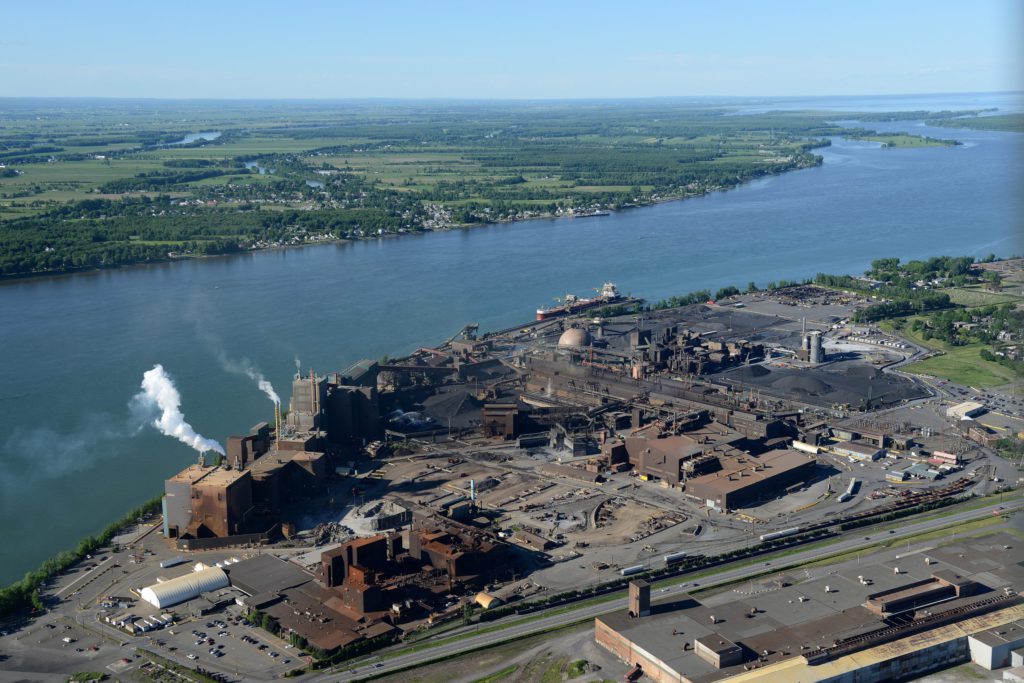Rio Tinto, Aymium partner on decarbonization initiative in Québec

Rio Tinto (ASX: RIO) and Aymium, a California-based manufacturer of bioproducts, have formed a new joint venture to manufacture a renewable metallurgical product to reduce carbon emissions in large-scale industrial processes.
This biocarbon, derived from biomass residues, offers an alternative to the anthracite currently used in the ilmenite reduction process at Rio Tinto’s metallurgical complex in Sorel-Tracy, Québec, the companies said in a joint statement.
The joint venture, named Évolys Québec, will be located on the site of a former pulp and paper mill in Thurso, Québec. The government of Québec selected Rio and Aymium to jointly revitalize these facilities.
The proposed facility will use Aymium’s proprietary technology to locally produce high-quality biocarbon, a feedstock in high demand and essential to Rio Tinto’s commitments to decarbonization, the Australian miner said.
The company added that it is already seeing promising results with the technology through the use of materials produced by Aymium at Sorel-Tracy.
Both partners said they are committed to advancing products and technologies that go beyond the conventional use of biocarbon as a substitute for fossil fuels.
“Decarbonization is at the heart of Rio Tinto’s strategy and the Évolys joint venture offers us a unique opportunity to produce local biocarbon and reduce our carbon footprint within our operations in Québec,” Rio Tinto’s iron, titanium and diamonds executive director Sophie Bergeron said in the statement.
“We are delighted to be working with the government of Québec to give a second life to the former Fortress plant site in Thurso and look forward to working with local communities and our partner, Aymium, to develop a project that will not only benefit the environment but also revitalize the regional economy,” Bergeron added.
Pierre Fitzgibbon, Québec’s Minister of Economy, Innovation and Energy, and minister responsible for the Metropolis and Montreal regions, said the Évolys Québec project will allow for a sustainable revival of the former Fortress site.
{{ commodity.name }}
{{ post.title }}
{{ post.date }}




Comments